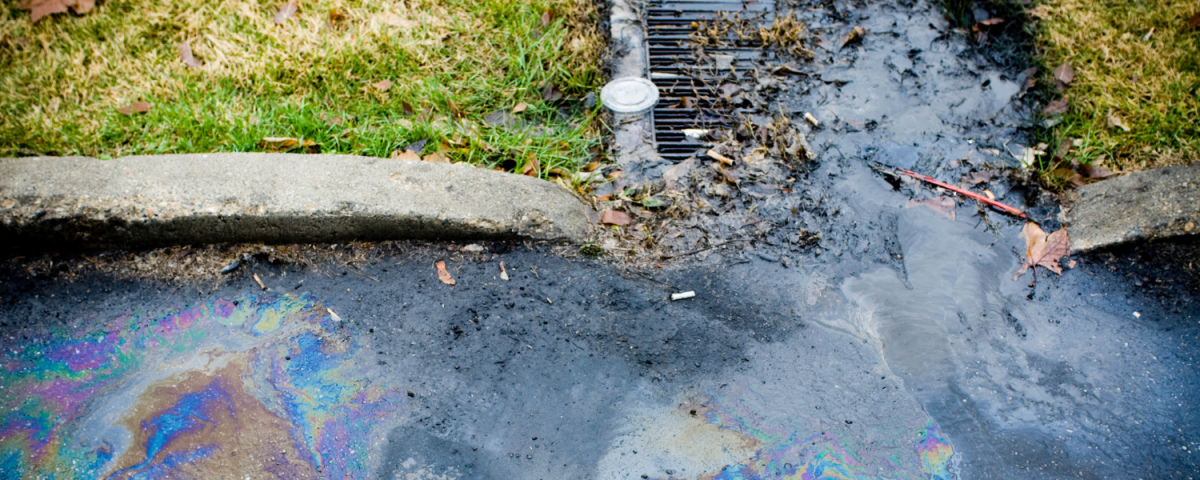- Your Government
-
Our Community
-
- About St. Helens History of St. HelensState of the CityCourthouse Dock Camera
- Local Events City Calendar Citizens Day in the ParkRecreation Activities Discover Columbia County Sand Island CampingKeep It Local CC
- Community Resources City Newsletter City Social Media Emergency Services New Resident InformationProtecting Our Environment
-
-
Business & Development
-
- Local Business Directory Get a Business License City Bids & RFPs Broadband Study
- Business in St. Helens St. Helens Advantages Directions & Transportation Incentives & Financing Resources for Businesses Business Guide Columbia Economic Team Chamber of Commerce
- Current City Projects Waterfront Redevelopment Public Safety Facility Strategic Work Plan
-
-
How Do I?
-
- Apply for a Job Apply for a Committee Find A Park Find COVID Info Find Forms Follow St. Helens - Facebook Follow St. Helens - Twitter Follow St. Helens - YouTube
- Get a Police Report Get a Business License Get a Library Card Get a Building Permit Newsletter Signup Past Public Meetings Pay My Water Bill
- Public Records Request Report a Nuisance Register for Rec Activity Reserve a Park Sign Up for the 911 Alerts Universal Fee Schedule
-
Illicit Discharge Detection and Elimination

Do you know that storm drains are for rain only?
Stormwater refers to rain water which runs off streets and yards and to storm drains, gutters, ditches, swales, and a system of pipes, eventually ending up in creeks, bays, and rivers. St. Helens' stormwater system is separate from the wastewater sewer system. Unlike wastewater from indoor plumbing, stormwater is not treated before emptying into our rivers and streams. We use those waterways for recreation and resources, which is why it’s important for everyone to do their part in keeping the city and our water clean.
With over 2,600 stormwater structures and 50 miles of storm drains, culverts, and open ditches in St. Helens, we need your help to watch for harmful illicit discharges to the storm system. When water carrying pollutants such as fertilizer, pesticides, oil, antifreeze, pet waste, or paint enters a storm drain or stream, it is called an illicit discharge. Polluted stormwater can harm the streams and rivers we depend on for fishing, recreation, ecological value, and our water supply.
Examples of illicit discharges include:
- Improper Waste Oil Disposal / Auto Fluids Flushing
- Laundry Wastewater / Detergent
- Home Improvement Waste (e.g. concrete, paint)
- Pesticides and Fertilizers
- Improper Disposal of Commercial and Industrial Hazardous Waste
- Cooking Grease / Household Waste
- Spills on roadways and other accidents
What to Report
- Oil, gas, etc. entering a storm drain
- Water coming from outfalls that looks oily, frothy, or discolored
- Off-colored discharge, stains, or unusual odors in gutters and storm drains
- Sediment from an unknown source entering a waterway
- Spills on roadways and other accidents
- Untreated sewage or illegal RV waste dumping
Spills happen, but intentional dumping is illegal (Municipal Code Section 13.20.070 through Section 13.20.110) and harmful to our streams and rivers. If you see activities that threaten the health of the local waterways, report it to the City of St. Helens via our Pollution Prevention email, online Pollution Prevention Incident form, or in person at City Hall. City staff understands the need for confidentiality, so reports can be anonymous. If possible, collect as much information as you can about the spill/incident, including date and time, a description of what you observed, including the approximate quantity dumped, and a few photos, this will help City staff identify the problem and determine the most appropriate plan of action.
What else can you do?
- Don’t dump or wash anything down storm drain inlets that you don’t want in your drinking water. That means no paint, leftover automotive fluids, pressure-washing runoff, concrete wash out water, cleanout from RV waste systems, used cooking grease, water from hot tubs, or trash like leftover medications, cigarette butts, and coffee cups.
- Use pesticides and fertilizers sparingly and dispose of excess safely.
- Wash your car on the grass or at a car wash
- Don’t sweep leaves and yard waste into storm drains
Report Illicit Discharge
Help protect our environment. If you see illicit discharge occurring in the St. Helens community, you can report it by clicking on the button below to fill out a short form. A City of St. Helens staff member will investigate the report after it is received.
